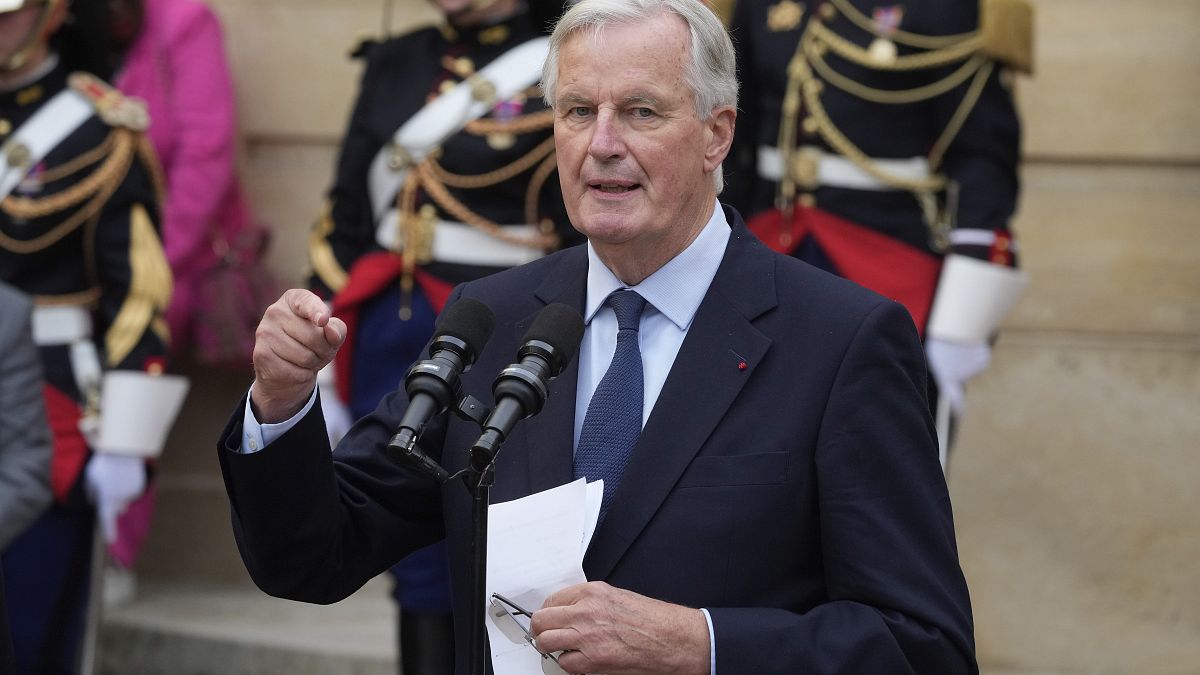French President Emmanuel Macron announced the appointment of Michel Barnier as the new Prime Minister of France in an effort to address the political turmoil that has plagued Macron’s presidency. Barnier, a veteran conservative and former Brexit negotiator, has pledged to respond to the grievances of the French people and tackle the issues causing resentment among voters. At 73, he is the oldest prime minister in modern France’s Fifth Republic, replacing the youngest, Gabriel Attal.
Barnier’s long political career includes serving twice as European Commissioner and as the chief EU negotiator for Brexit. His appointment marks the end of more than 50 days of a caretaker government but does not guarantee a return to political stability. The current National Assembly is deeply divided among left-wing, centrist, and far-right blocs, presenting a challenge for Barnier as he navigates the demands of the different factions.
Despite concerns that Barnier’s appointment may strengthen the far-right National Rally party, experts suggest that the left-wing’s significance should not be underestimated. With Macron’s leadership remaining unchallenged by his Prime Minister, Barnier’s conciliatory approach may help the President maintain control but risks alienating left-wing voters who feel betrayed. A looming confidence vote in the National Assembly will test Barnier’s ability to govern effectively.
Barnier’s immediate tasks include presenting proposals to the EU to reduce public spending by €30 billion by 2025 and submitting a draft budget for 2025 to Parliament by October. With France’s public finances in a precarious state, Barnier faces the daunting challenge of implementing austerity measures amidst a polarized political landscape. While Macron’s decision to appoint Barnier reflects a desire for stability, the path ahead remains uncertain as France grapples with deep-seated divisions and economic challenges.
With Macron, Melenchon, and Marine Le Pen emerging as the dominant political figures in France, Barnier’s role as Prime Minister will be crucial in shaping the country’s future. The need for fiscal discipline and political unity underscores the urgency of Barnier’s leadership, as he seeks to navigate the complexities of a fractured legislature and win the confidence of the French people. As Barnier takes on the mantle of Prime Minister, his ability to bridge divides and implement reforms will be closely watched by both domestic and international observers.











